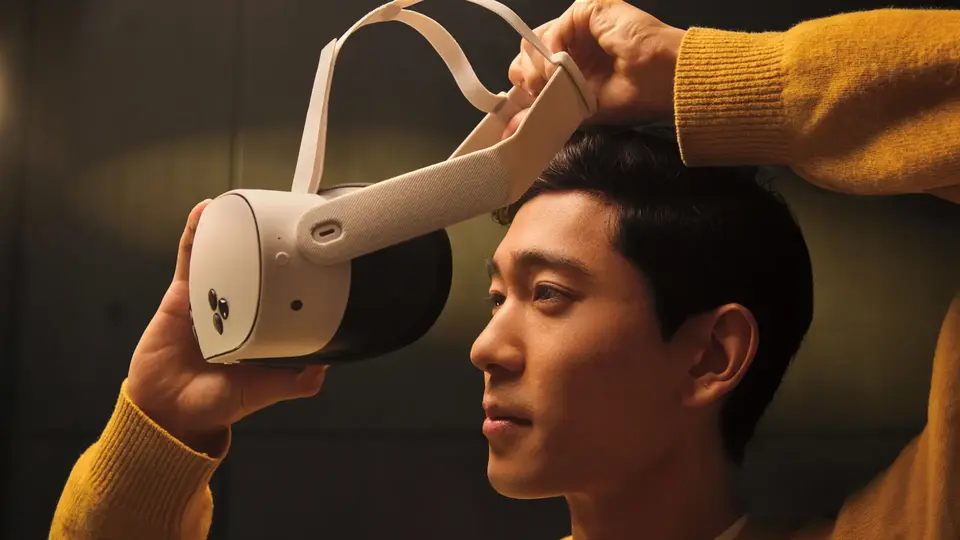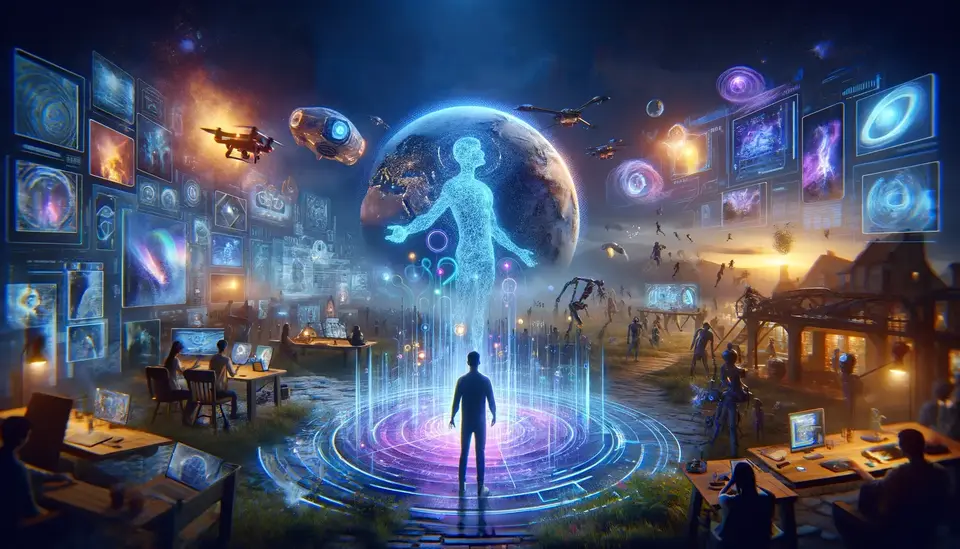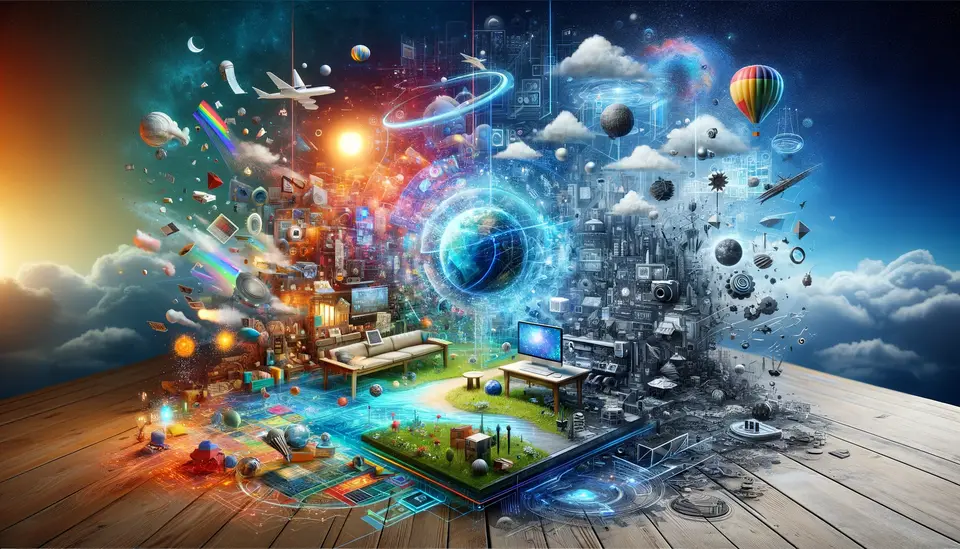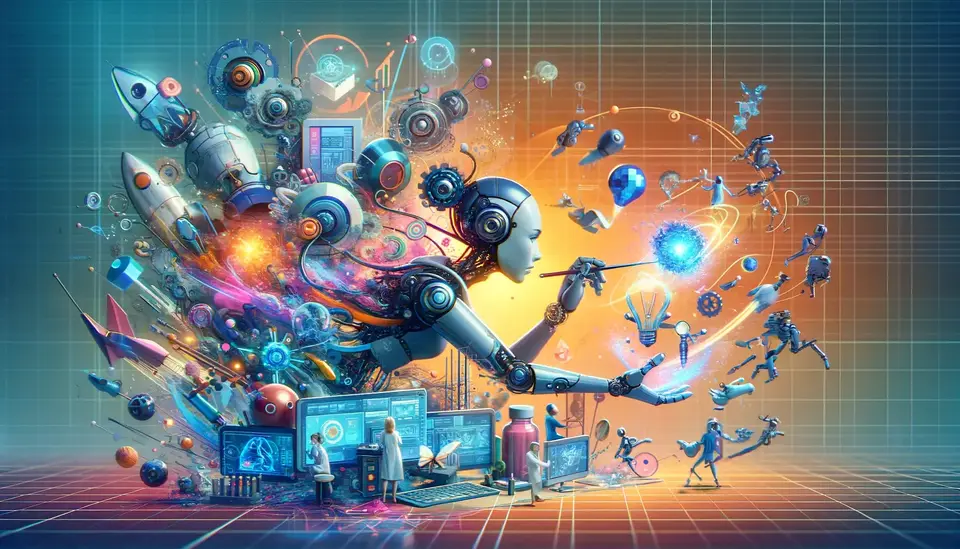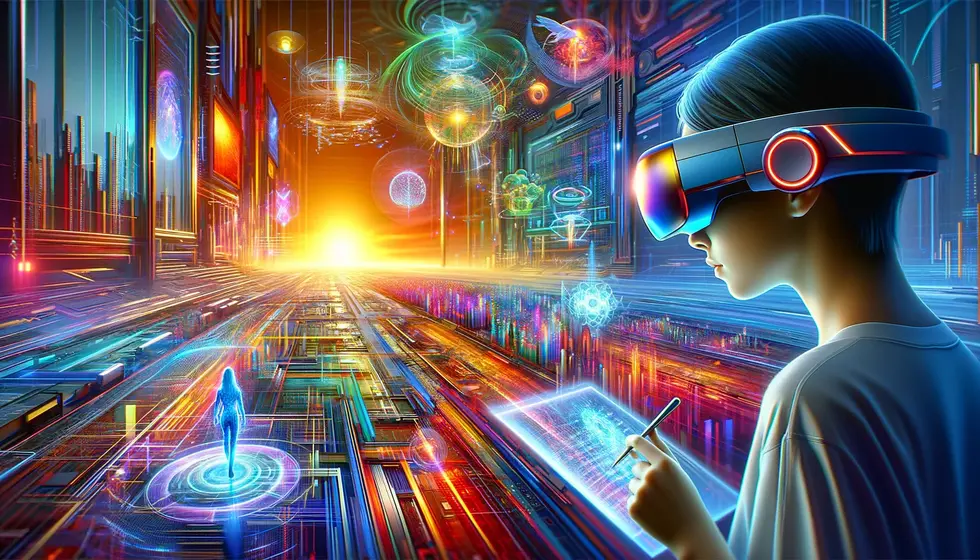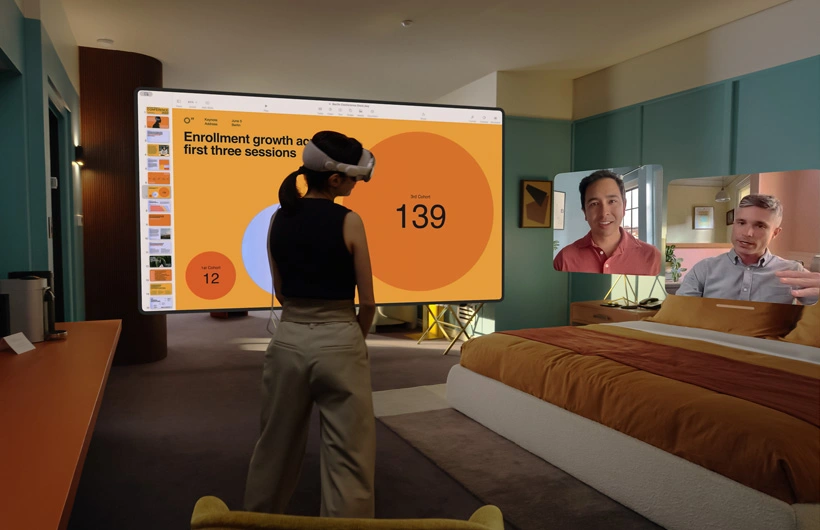The Potential Impacts of the Mixed Reality on Identity and Self-Expression
Posted on April 10, 2023 3 minutes 588 words
Table of contents
As technology continues to advance, mixed reality (MR) is becoming an increasingly relevant and fascinating aspect of our daily lives. By merging the physical and virtual worlds, MR offers immersive experiences that have the power to transform our understanding of identity and self-expression. In this blog post, we will delve into the potential impacts of MR on these crucial aspects of our lives, exploring both the positive and negative implications of this rapidly evolving technology.
Enhanced Self-Expression through Virtual Avatars
One of the most notable features of MR is the ability to create customizable avatars that embody our desired identities and personalities. These virtual representations offer users the opportunity to explore new aspects of their identities, without the limitations of the physical world. For example, someone might choose an avatar with unique physical features or clothing styles that they wouldn’t feel comfortable wearing in real life. This enhanced self-expression can lead to increased confidence, self-discovery, and a deeper understanding of one’s identity.
Blurring the Boundaries between Virtual and Real Identities
As we immerse ourselves in MR experiences, the lines between our virtual and real-world identities may begin to blur. This phenomenon raises questions about the implications of virtual experiences on our real-world behavior and self-perception. On one hand, MR can offer valuable opportunities for personal growth and experimentation. On the other hand, blurred boundaries may lead to ethical concerns and challenges, such as manipulation, addiction, or the erosion of privacy.
The Impact of MR on Social Interactions and Relationships
MR has the potential to significantly alter the way we interact with others, both positively and negatively. By reducing the impact of physical appearance on social judgments, MR could foster more inclusive and diverse social environments. People may find themselves connecting with others on a deeper level, without the influence of superficial factors. However, there are potential drawbacks as well. Increased reliance on MR for social interaction could lead to social isolation, as people may become more engrossed in virtual worlds than real-life relationships. Additionally, the formation of echo chambers within MR spaces could reinforce existing biases and hinder constructive dialogue.
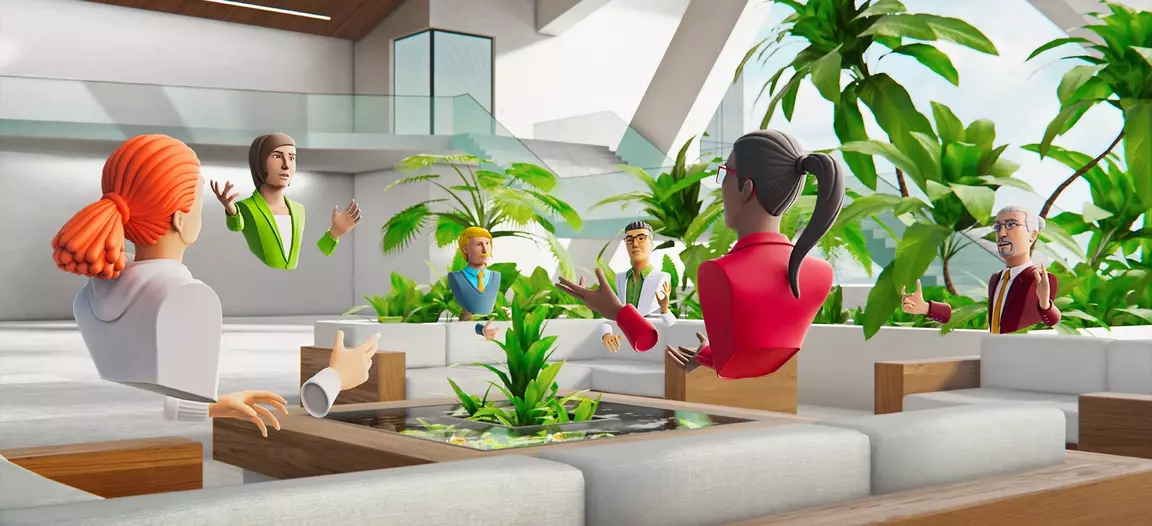
Potential Consequences for Mental Health
The psychological impacts of MR on mental health are complex and multifaceted. While increased self-expression and personal growth can be beneficial, blurred identity boundaries may also introduce new challenges. Addiction to MR experiences, for example, is a potential risk, as well as the exacerbation of existing mental health issues. As MR technology continues to develop, it is crucial that we conduct further research and establish strategies to mitigate these risks and foster healthy, responsible usage.
The Future of Identity and Self-Expression in a Mixed Reality World
As MR technology evolves, we can expect it to continue shaping our understanding of identity and self-expression in exciting and transformative ways. From new forms of artistic and creative expression to a deeper exploration of personal identity, the possibilities are vast. However, it is essential that we approach MR development and usage responsibly, ensuring that the technology serves as a positive force in society.
Conclusion
Mixed reality holds tremendous potential to reshape our perspectives on identity and self-expression. As we navigate this fascinating technological frontier, it is crucial that we balance the benefits with potential risks, always striving to use MR in a responsible and ethical manner. By doing so, we can ensure that MR technology enriches our lives, offering valuable insights into the complexities of identity and fostering self-expression in new and inspiring ways.


